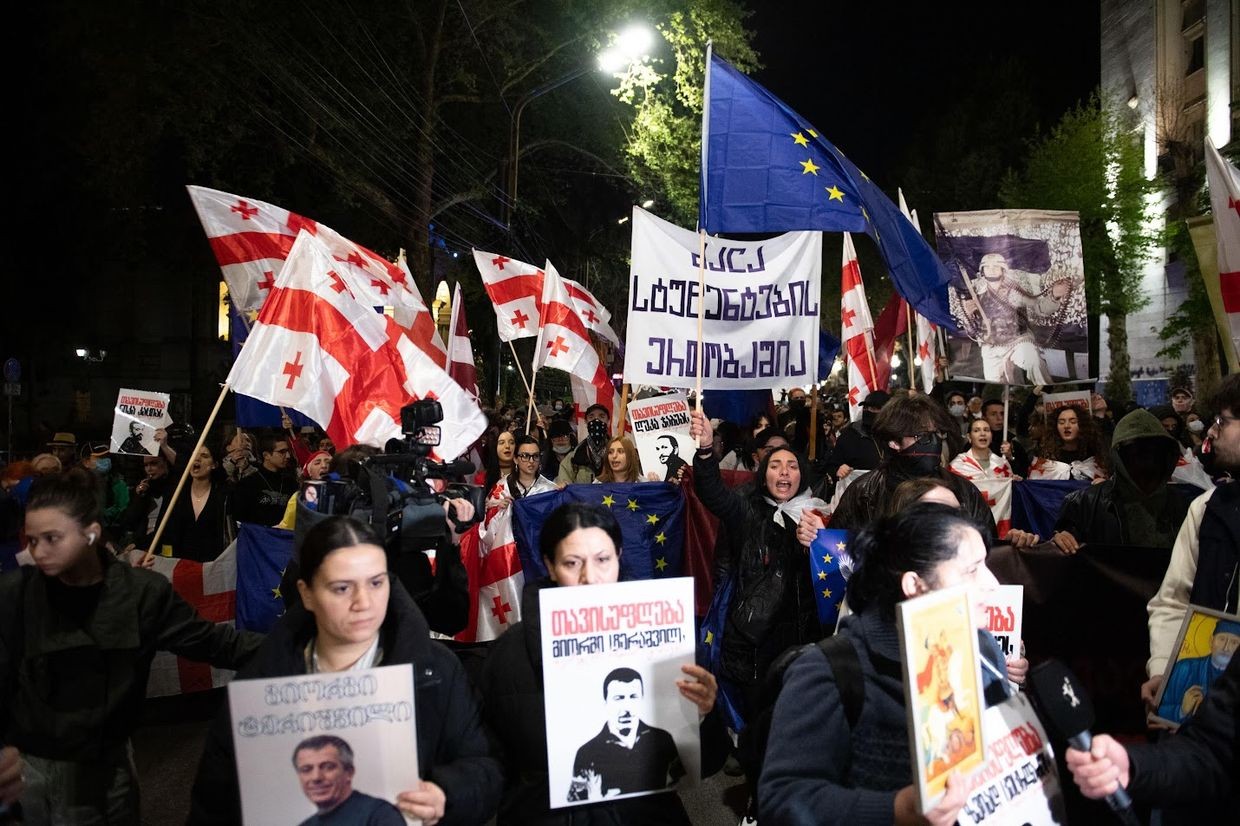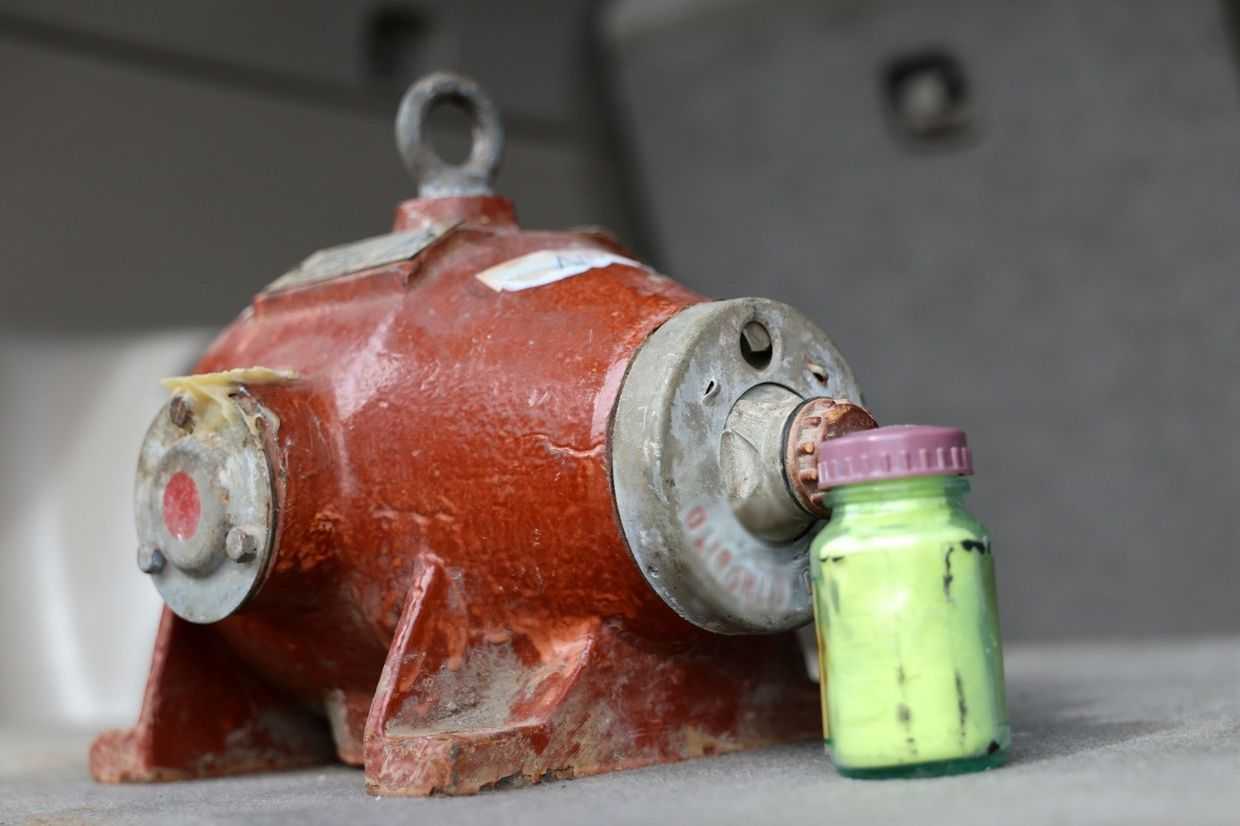
A new fund has been established in Georgia to help participants of the ongoing pro-European protests pay fines imposed by the police. The opening of the fund comes in the wake of the Prosecutor General’s Office freezing the accounts of previously existing funding sources, leaving those fined burdened with staggering sums.
The initiative to create the fund was proposed on social media by Davit Jincharadze, a member of the political movement Freedom Square. Highlighting the ongoing state crackdown, he stated that ‘there is a need for several decentralised funds operating through foreign accounts and online payment systems’.
According to Jincharadze, the fund — named the Freedom Fund — cannot be frozen by the Georgian state, as its bank account will be based in the UK.
‘The fund is open to donations, particularly from [Georgian] emigrants and citizens living abroad’, he wrote in a social media post published on Wednesday.
He also noted that he will work on assembling a volunteer team ‘to mobilise consent and to develop an online system that will help us transparently track all expenses and donations’.
In March, Georgia’s Prosecutor General’s Office froze the accounts of funds supporting demonstrators. On Tuesday, the Prosecutor General’s Office raided the homes of fund organisers seizing electronic devices, including phones and laptops.
The Prosecutor’s Office targeted the organisations as part of a wider investigation which started in February following a request by a pro-government group.
It was announced that an investigation had been launched on charges of sabotage, attempted sabotage, and aiding and abetting hostile activities.
Several civil society organisations, which held a briefing following the raids, described the state’s actions as politically motivated, aimed at ‘criminalising expressions of solidarity and silencing those who are fighting for dignity and justice’.
They emphasised that the frozen funds, in addition to helping fined demonstrators, ‘assist the most vulnerable groups in our society, including people with disabilities, internally displaced persons, low-income families, and victims of violence’.
Despite the decrease in the scale of protests, nightly demonstrations continue in front of the parliament in Tbilisi, where protesters block the city’s main avenue for several hours.
Against this backdrop, many are being fined with administrative penalties, which were increased tenfold at the end of last year, rising from ₾500 ($180) to ₾5,000 ($1,800). Several protesters have been fined repeatedly. Some journalists covering the protests were also penalised, with OC Media co-founder and photographer Mariam Nikuradze being fined four times, reaching a total of ₾20,000 ($7,300).
After the funds were frozen, some people began crowdfunding online to cover the penalties.
The current wave of protests first broke out spontaneously on the evening of 28 November, just hours after Prime Minister Irakli Kobakhidze announced the government’s EU U-turn.
Police responded to the protests with violence, including what appeared to be repeated and deliberate attacks on journalists.
Protesters detained during the protests have reported being systematically robbed and beaten by police, with testimony from several detainees revealing episodes of extreme violence and intimidation.











